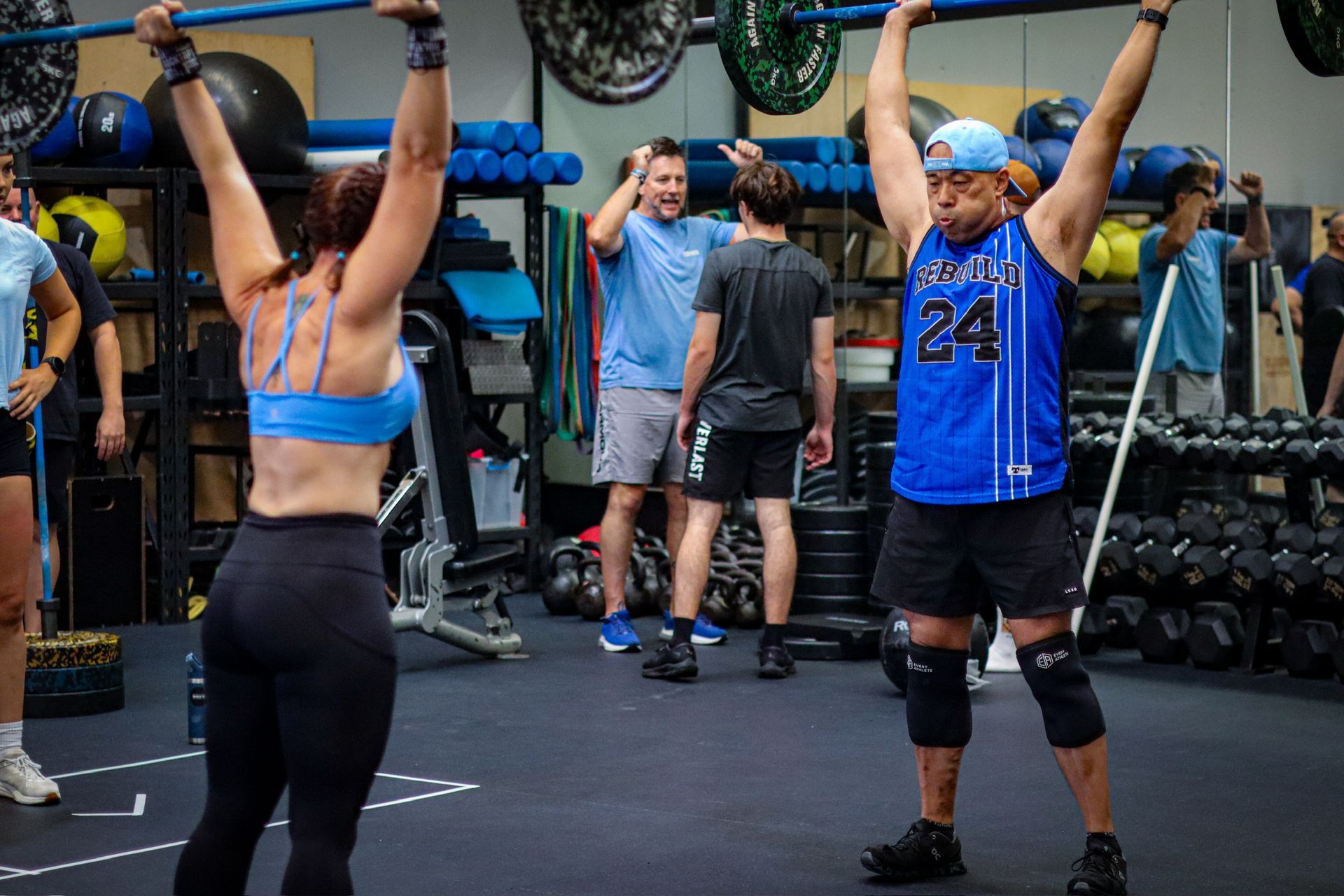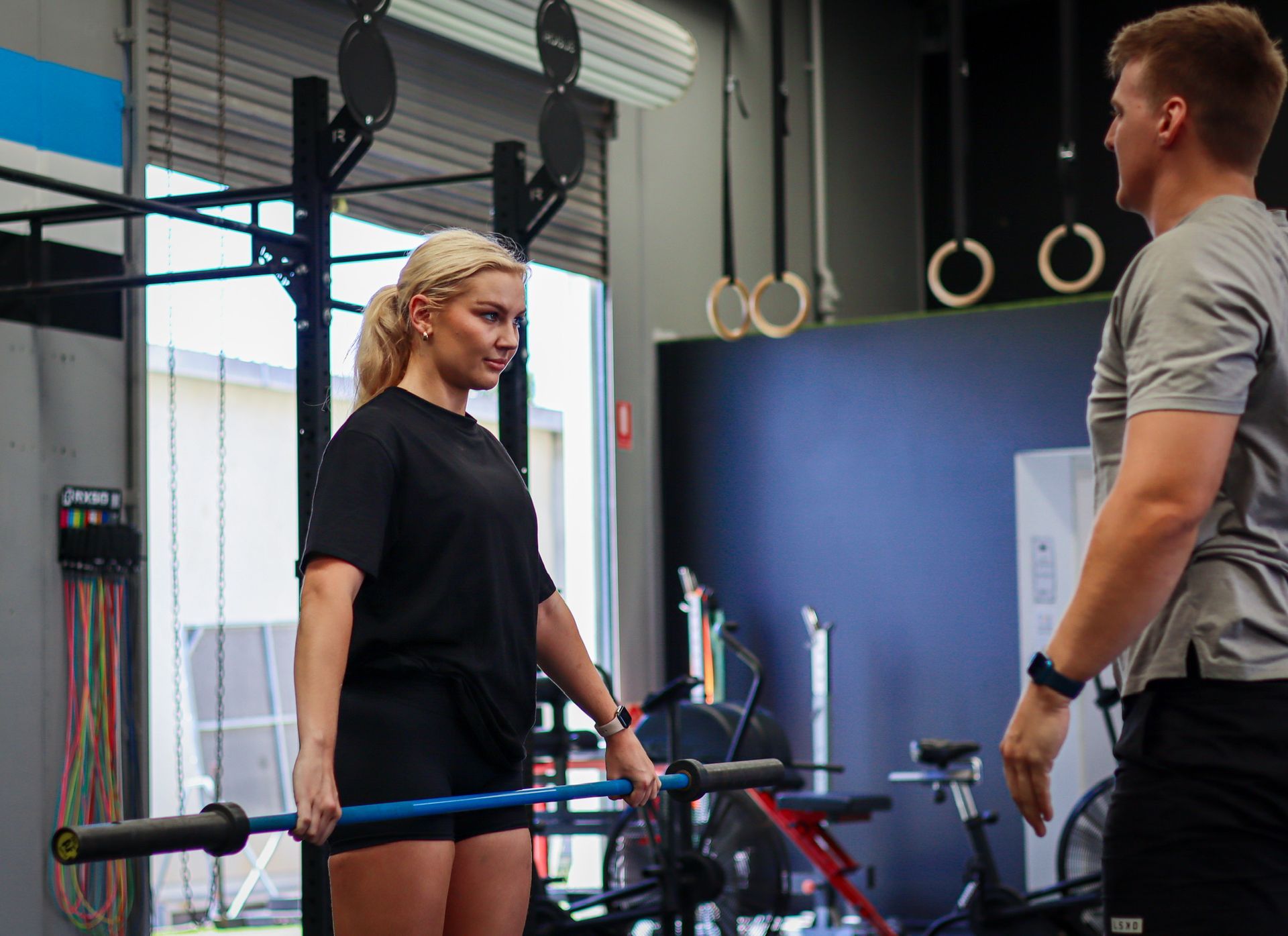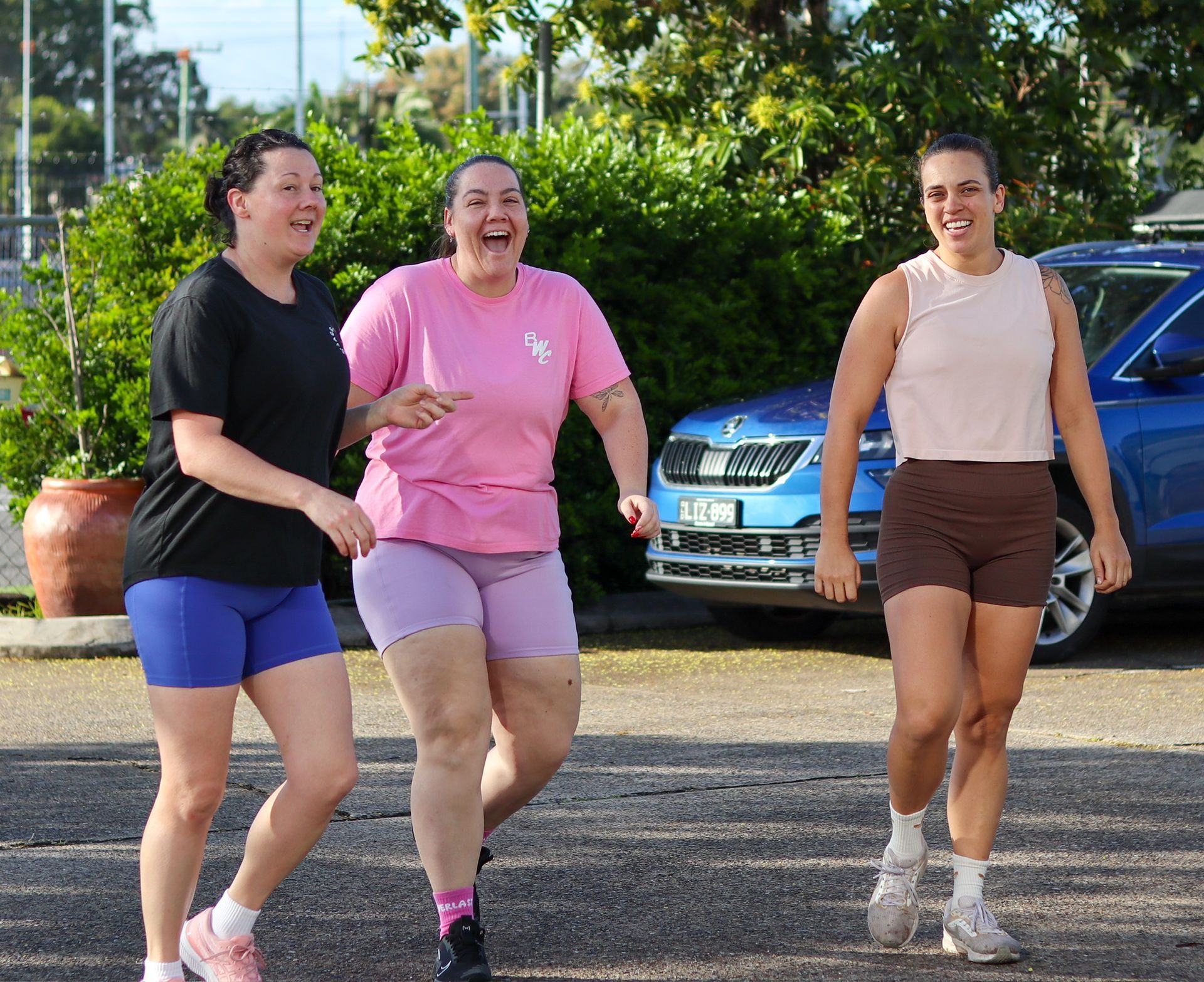Can You Out Train A Bad Diet?
We’ve all been there, having eaten a few too many extra calories on a night out thinking we can hit the gym in the morning and train it out. Well, easier said than done. There are several ways in which you can avoid having to over-compensate for all those bad food choices made and this week’s episode of the Rebuild Health and Fitness podcast focuses on this issue in detail. Context matters The most basic thing when it comes to losing weight, maintaining weight, or having any other goals regarding your health and body is to understand the context of what you’re trying to do. Sean explains: “The starting point of where you are in your fatless journey is understanding the context.”James says, “Fat loss, weight maintenance, weight gain or muscle building are all very different things. Lots of people put fat loss and health on the same pedestal but that’s not right. Fat loss is controlled by energy balance and health is controlled by nutrients.”Not understanding basic concepts leads to your body having made no progress, and in the worst of circumstances, can do more harm than good. What is a bad diet?Though often people have a different idea when it comes to what constitutes a 'bad diet', it wouldn’t be wrong to agree that there are foods that lack nutritional value.“A lot of people would argue that the standard American diet isn’t the most ideal diet in the world but it’s hard to put a label on things. When you start moving into foods that are very highly processed, don’t have a lot of nutrients, and are low in protein, it starts leaning into the negative side of things. It becomes easier to gain more fat, easier to feel fatigued because you’re not fueling your body with foods it needs to give it that energy,” says Sean.Once you start consuming healthier foods and maintain a diet that’s overall, well balanced, several aspects within your body, mind, and health start to change, for the better. You feel and look healthier, your mind and body will be positively impacted, and you’ll feel more energised.Weight management “Weight is not controlled by diet or exercise - it’s controlled by energy balance, it’s the calorie in, calorie out equation,” says James. This is something that’s not commonly known, or rather, not commonly understood. The result? People try all sorts of ways to lose weight or gain muscle, often putting themselves in harm’s way in the process.James explains how weight is managed in this regard: “Everything I eat or drink goes in as an input and then I have an output which is obviously made of your basal metabolic rate so your metabolism, your thermic effect of food, exercise activity thermogenesis, non-exercise activity thermogenesis. In a lot of the literature, non-exercise activity is small but does play a role in weight management - it’s like how much movement and exercises a week are you doing truly. If we're talking about our training - then does your non-activity exercise count towards this or can I just go to the gym for an hour and then eat whatever I want? Because that’s never going to be the case. In that hour-long gym session, you’re never going to burn more than what you consume. What you put in your mouth is so important and so is how much you move, it’s all important in weight management.” <a class='k-marker'></a><a class='k-marker'></a><span lang='EN-US' style='font-size:medium;'></span> Different bodies and different foods Different bodies react to the same foods very differently, but this fact remains the same with various other factors including training and diets. “With fat loss, say if someone is 150 kgs and all they eat is jellybeans and donuts, but they get down to 120 kgs - they are substantially healthier at 120 kgs than at 150 kgs even though their intake is extremely poor, you could say they’ve out trained their diet. At a certain point, that’s where people plateau, but it depends on which stage of the journey they’re at, for someone who starts at 150 and gets down to 120, his jellybeans and donut diet might need to change a little for him to move more forward in his fat loss journey. Whereas someone who’s lean and, on the jelly, and doughnut diet looking to make progress from a health standpoint, are they going to improve as fast as they could if they tied things up a little bit?” says Sean.It’s also important to note the differences in behaviour required when wanting to lose fat or gain muscle. As was discussed above, fat loss requires an energy balance, whereas to build muscle, there’s a lot of resistance training required along with an intake of important nutrients.To this, Sean shares “The amount you eat will dictate your size and what you eat will dictate how you feel. It’s hard for people to comprehend the need for change. Your body craves a level of homeostasis, so if you’re eating a bad diet constantly, you think you feel fine – that’s your normal, you don’t think there’s a need to change or improve because you feel good. This remains the case until either something happens that forces you to change, or you actually make a decision to change for yourself.”Rest for healthAll the world’s best athletes, personal trainers, and gym junkies would agree on one fact – you need to give yourself and your body time to rest and time to relax. It’s been discussed multiple times to rest as hard as you train and give yourself some time off when on a diet. As James says, “Getting sick and injured are going to play a role if you’re completely depleting yourself here either way through exercise or diet. It’s massively underestimated, when you are running yourself in the ground by training too hard you run the risk of getting injured because you’re body may or may not be recovering as it should, more often it’s not recovering and then, from an immunity standpoint from diets for a prolonged period of time, your body starts to run on empty and you can become immunocompromised - you start to get that sniffle and sore throat, it’s your body's warning sign that says ‘Hey, we need to rest.’”
Previous Blogs




